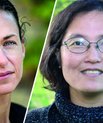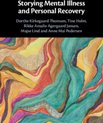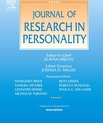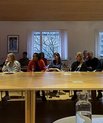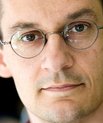The digital bowl of sweets
The use of technologies can make us smarter. However, our technological habits can also interfere so much with our learning that we achieve the opposite result. Assistant Professor Jesper Aagaard from the Department of Psychology and Behavioural Sciences at Aarhus BSS has studied our technological habits and has introduced the concept of “digital distraction”.
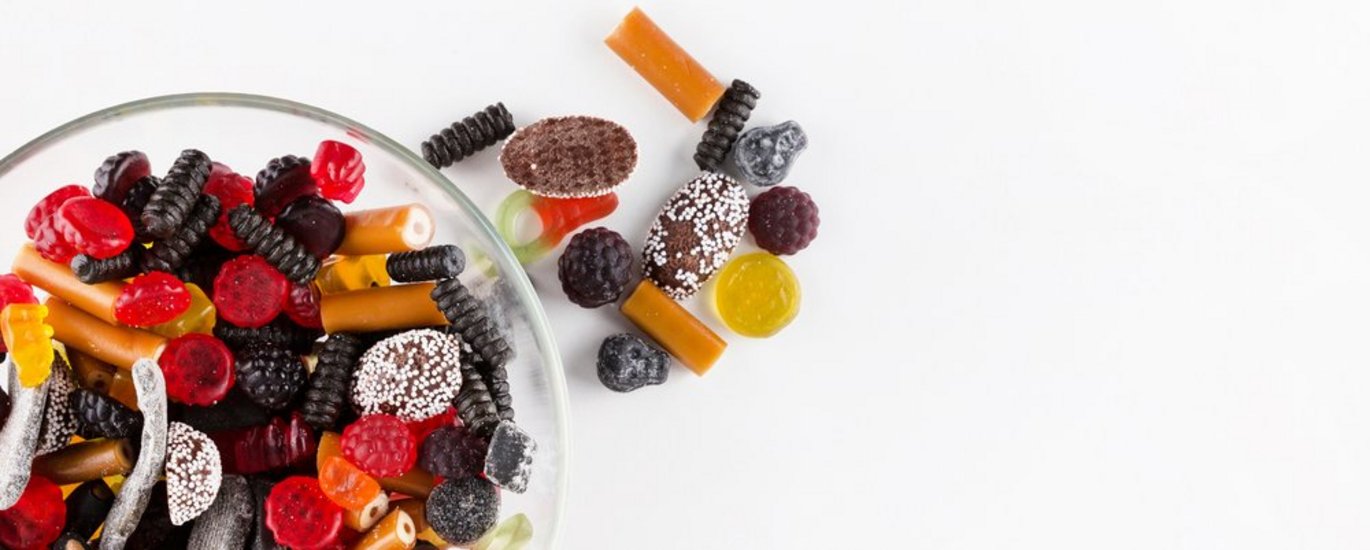
“Imagine that you’re trying to eat a healthy diet and that you have a bowl of sweets sitting right in front of you. The only thing preventing you from eating from the bowl is your willpower. It’s much the same with the computer and how it offers you the possibility of doing something else than what you’re supposed to be doing: It’s difficult not to.”
Digital distraction
This is how Assistant Professor Jesper Aagaard from the Department of Psychology and Behavioural Sciences explains the concept of “digital distraction.” This is a concept that he himself has defined in his PhD dissertation. Here he carried out three empirical studies - participant observation and qualitative interviews - with a number of upper secondary school students. The aim of the studies was to uncover our technological habits.
The studies reveal a great deal about the pulling power of social media in particular. And about how our technological habits may affect the quality of both learning and social interaction.
The overall results from the PhD dissertation have been published in the Danish journal on pedagogics “Unge Pædagoger”.
"So far, when researchers in pedagogical psychology have worked critically with technology in the classroom, they’ve mainly focused on multitasking. I’ve taken a rather critical approach to this concept. I prefer to talk about distraction,” says Jesper Aagaard.
In upper secondary schools, the use of technological tools is a good supplement to ordinary blackboard teaching. However, research also shows that the use of such tools may impede learning.
“The concept of ‘digital distraction’ deals with the fact that technology, which is actually supposed to help us become smarter, also has the opposite effect. One example is the distraction that comes from our opportunity to check out websites that have nothing to do with the teaching,” says Aagaard.
More specifically, he has explored how digital learning tools affect the pupils’ level of attention. He finds that learning is impeded and that one of the reasons for this is that we bring our technological habits with us to the classroom.
“The concept of ‘digital distraction’ deals with the fact that technology, which is actually supposed to help us become smarter, also has the opposite effect", says Jesper Aagaard, assistant professor
Learning is impeded
This corresponds to a recently published report from OECD, which concludes that while a moderate use of digital technologies is linked to improved PISA results, pupils who often use computers in school perform significantly worse in most learning measurements. And this is the case even when social background and demographic characteristics are taken into account.
Jesper Aagaard has no definitive solution to the problem, but he believes that it is important that we address it. He would also like to debunk a myth:
“It’s important for me to say that this problem is not limited to young people. It concerns all age groups and levels of society - including myself -, and it is not a question of individual self-discipline. It’s a problem that is related to our society as a whole,” says Aagaard.
One possible solution could be to ask students to put away their PC or mobile phone when they need to concentrate in order to avoid temptation - just as in the case of the bowl of sweets.
“It easier to resist temptation if you haven’t bought any sweets, or if the bowl is at least locked away or placed at a distance. The worst thing that can happen is that the bowl is placed right in front of you, and it is your own self-control that determines whether or not you decide to eat from the bowl,” says Aagaard.
Read the PhD dissertation here
